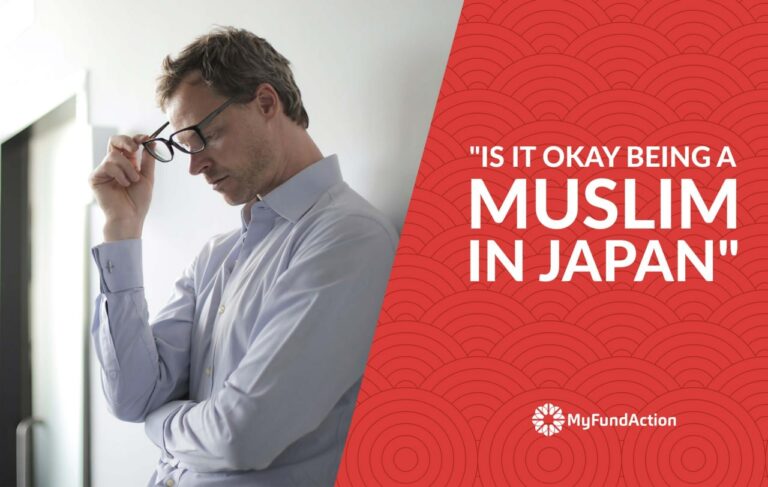Before we go deep into the answer of our main topic let’s revise first about waqf.
What is waqf?
Looking at the word “Waqf,” it can mean “detention,” “stoppage,” or “trapping up” in its literal sense. The waqf property must be accessible for charity or religious purposes which it is permanently bound and non-transferable.
Types of waqf in Islam
1- Property Waqf – Physical assets such as mosques, land, homes, hospitals, offices, buildings, and any other assets that may benefit the community. Waqf assets cannot be claimed back by the givers.

2. Cash Waqf – Endowment in cash form, but to be invested first and only the revenue generated to be channeled to the beneficiaries.

3. Corporate Waqf – Corporate shares of company that are issued and managed by entities such as Islamic banks, takaful companies, Shariah-compliant investment companies, etc.
Who can receive or use waqf property?
There are three categories of beneficiaries
- Public – Waqf supports public and benefit the whole community
- Family – Waqf benefits relatives of the endower. Only if the specified beneficiaries are deceased will the waqf be transferred to benefit the public.
- Joined – Endower dedicates a part of the waqf to his family and another part to the public, so that both receive the benefits.
Can Waqf Property Used by Non-Muslim?
During the Ottoman series, waqf were widely used for food, called kitchen waqf, whose recipients were Muslims and non-Muslims.
The benefit of waqf that can benefit by the whole community regardless Muslim and non-Muslim, proves that Islam encourages worship in order to promote general well-being.

But, the scholars has agreed that the waqf property can be used by the non-Muslim following several conditions;
- Non-Muslims who are not oppose and fight against Islam
- Do not endow mushaf al-Qur’an and the like such as religious books to non-Muslims
- Do not endow things to non-Muslims that can clearly lead to acts of immorality or things prohibited in Islam such as endowment of property to temple or church custodians for them to use to provide services in the temple or church
- Muslims family members must be prioritized before the non-Muslim.
Source: Mufti WP
Wallahualam







